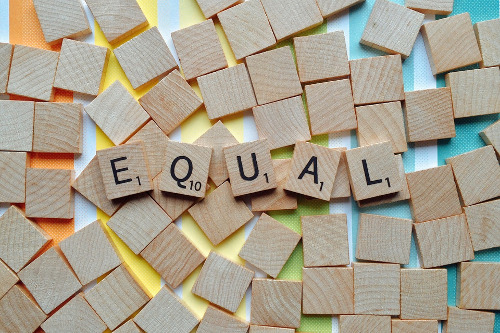GET IN TOUCH
Please contact us for more information. Our email is monitored seven days a week and we will get back to you shortly.

It’s not uncommon for people to make loans to their family or friends – often to help put a down payment on a house, to purchase a vehicle, or to kickstart a new business venture. What many people don’t consider is what will happen should the lender die before the loan is fully repaid. To avoid uncertainty, will-writers who are owed a debt from a beneficiary of their estate can include a hotchpot clause in their will to ensure fairness between beneficiaries.
To fully understand this problem, let’s say a parent with two children gives a loan of $50,000 to one of her children to help him purchase an apartment. Before the son is able to pay off any of the debt to his mother, she passes away. In her will, she split the proceeds from her estate equally between her two children (50/50). Excluding the loan, the estate was worth $150,000 at the time of her death. Strictly following the will’s wording, each child would receive $75,000. However, the son essentially received $125,000 from the estate because of the unpaid loan. If the loan was taken into account in the equal division of assets to the children, the son with the outstanding loan should receive $50,000 from the estate, while his sibling receives $100,000. This way, both children have received $100,000 in total from the mother. The problem is that without documentation, it’s unclear which solution the mother had intended in her will. Perhaps she didn’t want each child to get a truly equal share and had intended for her son to be given an equal inheritance from the estate plus the loan.

A hotchpot clause in a will stipulates that any amounts already received by a beneficiary from the will-writer before their death is to be accounted for when determining the final amount of the beneficiary’s inheritance. Usually, a hotchpot clause will accumulate the value of all of the estate’s assets, including any debts owed to the estate. The goal of a hotchpot clause is to equalize the benefit that each beneficiary receives from the estate.
Using the same example as above, let’s analyze what would happen if there were a hotchpot clause included in the will. First, the estate valuation would include the debt owed to the estate from the loan. This means the estate would be valued at $200,000. Each child would receive $100,000 – the child with the loan would get $50,000 from the will and the other child receiving the other $100,000 in the estate. If the child had paid half the loan back before the time of the death, the same methodology would be followed, taking into account the amount that has been repaid. The hotchpot clause ensures equality and fairness amongst the beneficiaries. With the clause, including the loan both receive an equal benefit from their mother’s estate.
In general, if you’re going to issue a loan, whether it’s to your own children or to a third party, you should always create a written agreement. Without a contract, the debtor could potentially argue that the loan was actually intended as a gift. In this case, the hotchpot clause would likely not be relevant, as the gift would have no impact on the estate as an inter vivos gift and the debtor would have no obligation to repay the gift. If there’s a written contract specifying the money transfer was a loan, it’s clear that it was not intended as a gift and there is no risk of litigation on that matter during the administration of the estate.
Further, will-writers who are currently creditors of loans issued should include a hotchpot clause in their will. With a written agreement and a hotchpot clause, will-writers can be assured that no one will unfairly benefit from the loan at the cost of the inheritance of other beneficiaries. It’s not recommended that you manually lower the inheritance of the beneficiary to whom you’ve loaned money as they may pay off the debt before you pass away. If the inheritance is lowered then they could be left receiving less of the estate than you had intended if the will is not up-to-date.
If you’re unsure how to include a hotchpot clause in your will, contact an experienced estate lawyer today. We will ensure there are no ambiguities in your will, ensuring your estate is distributed exactly as you’re intending.
Have a question about this topic or a different legal topic? Contact us for a free consultation. Reach us via phone at 250-888-0002, or via email at info@leaguelaw.com.